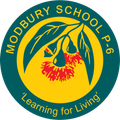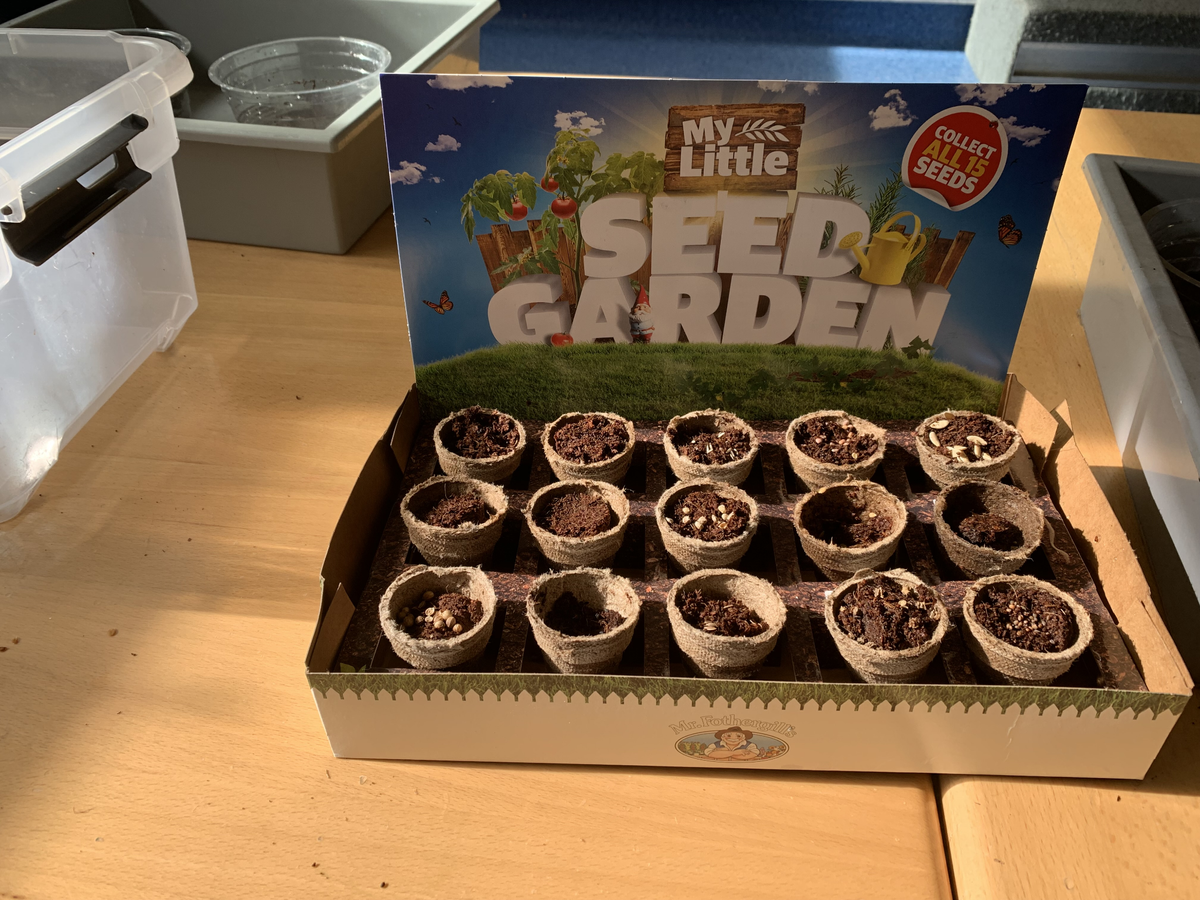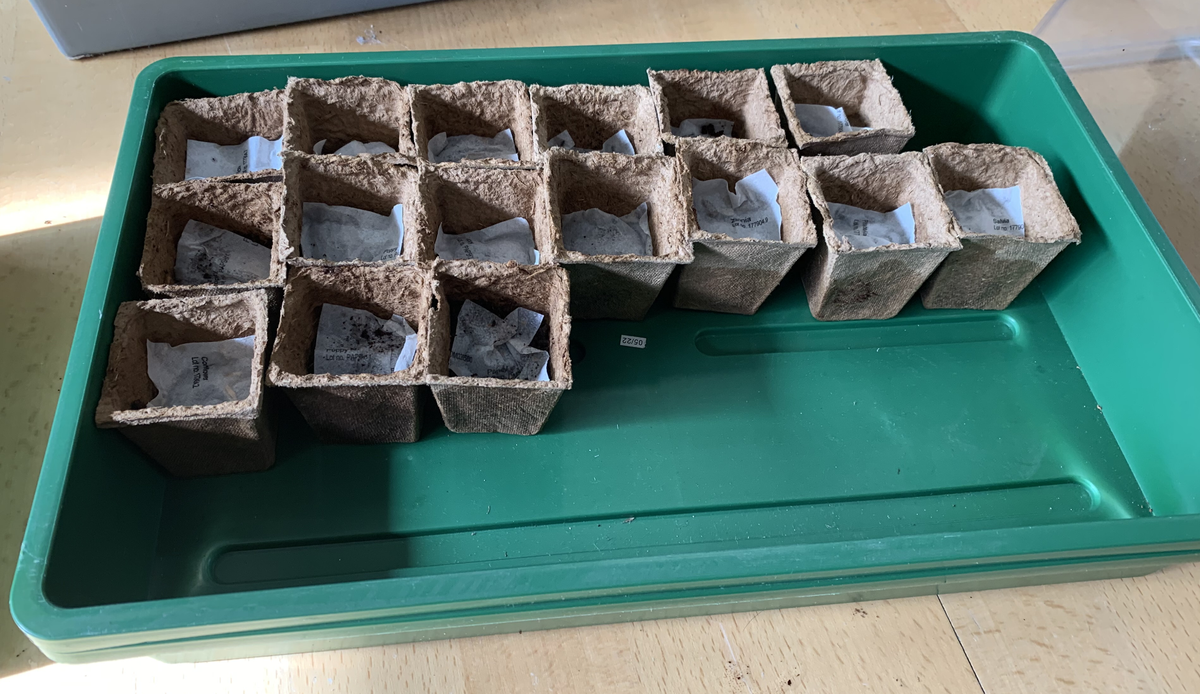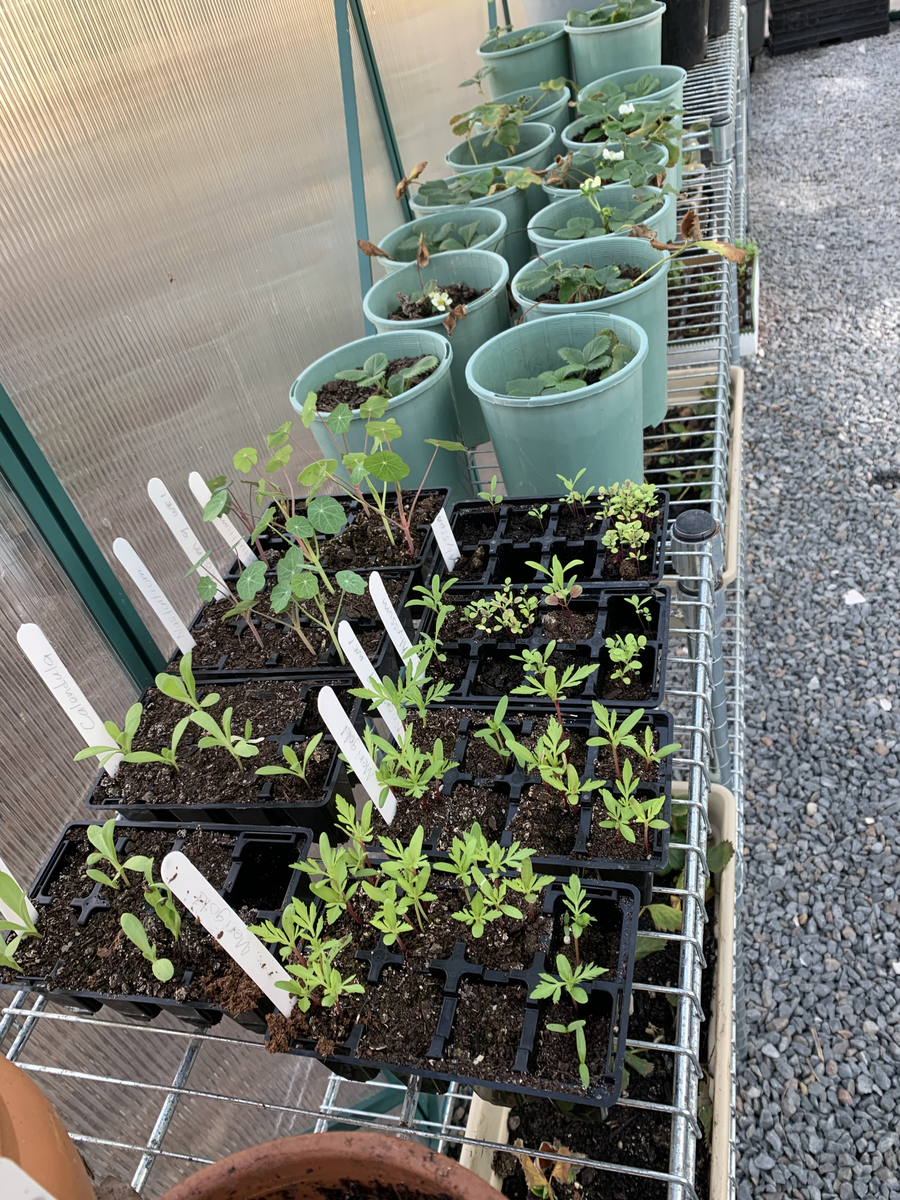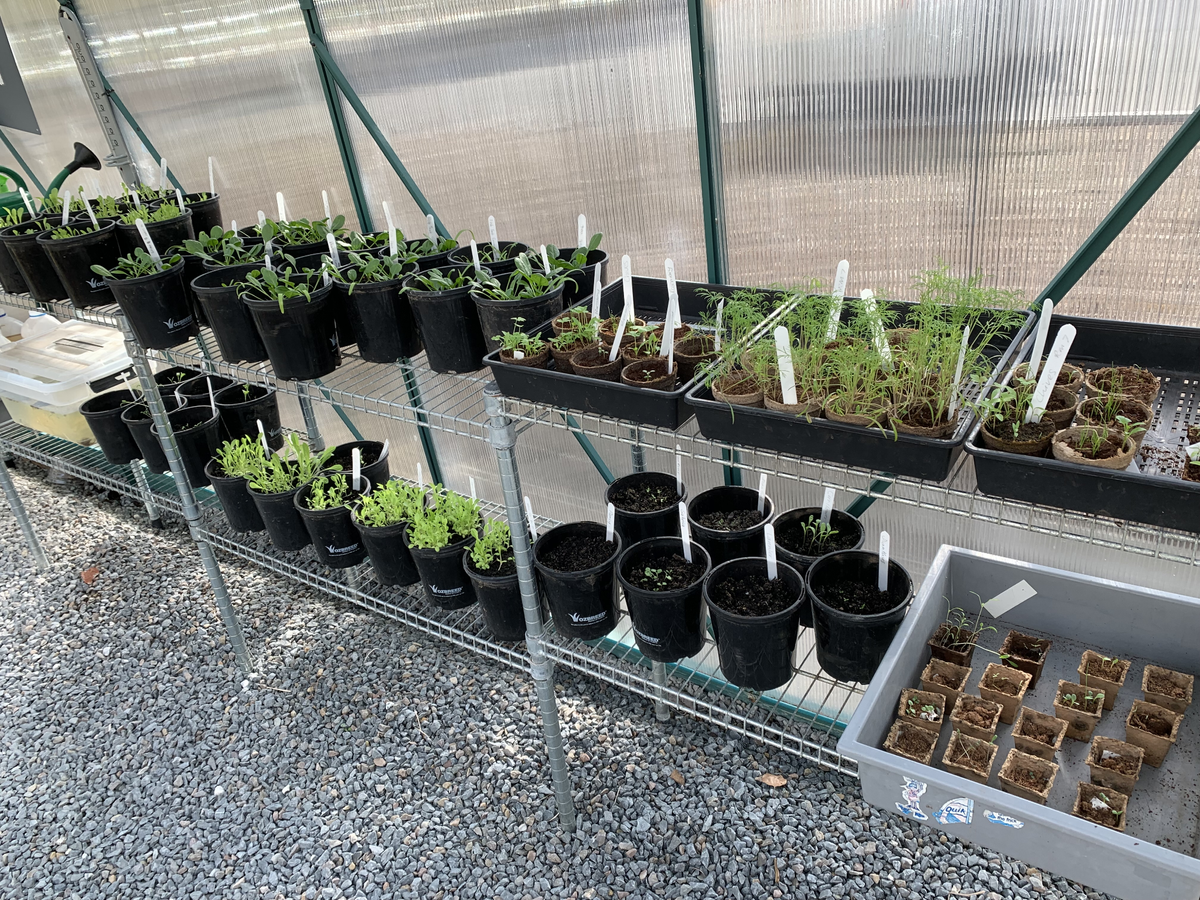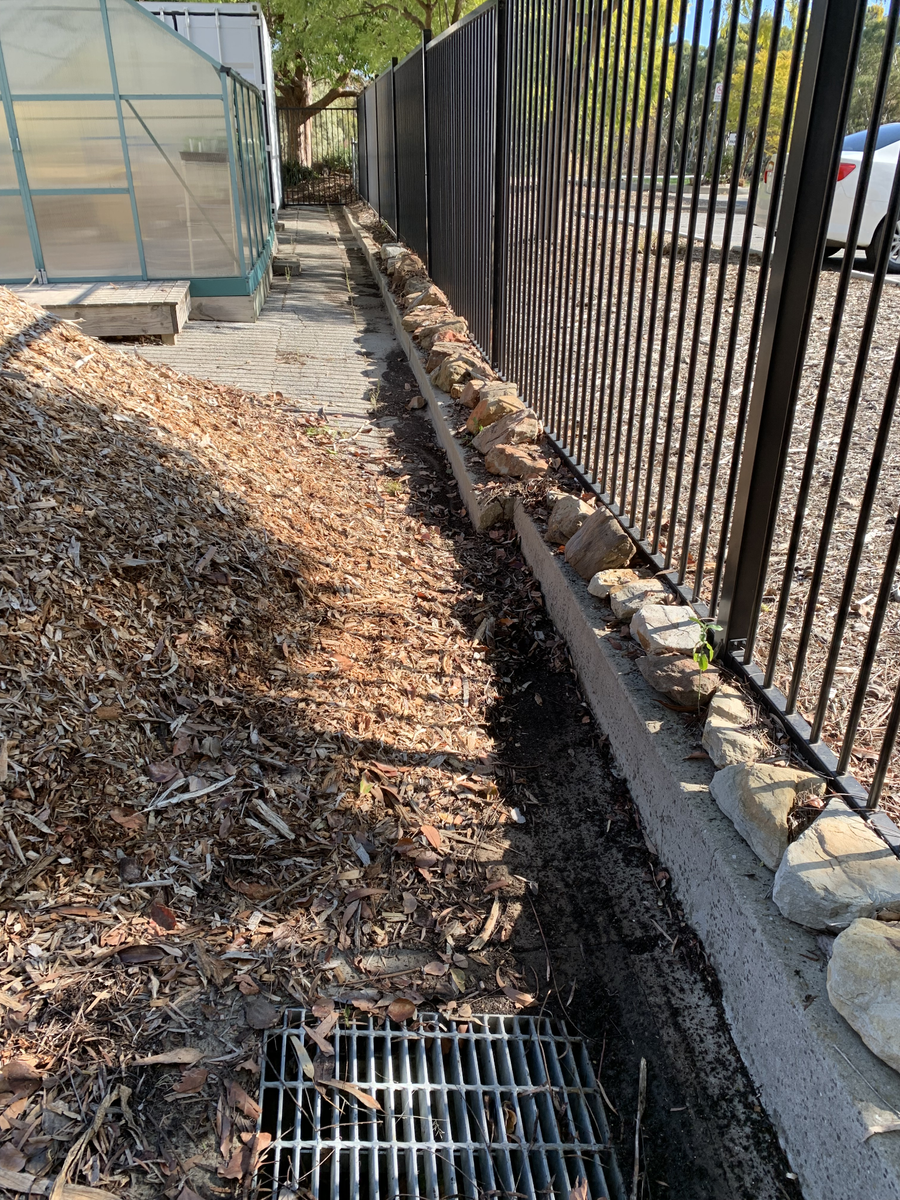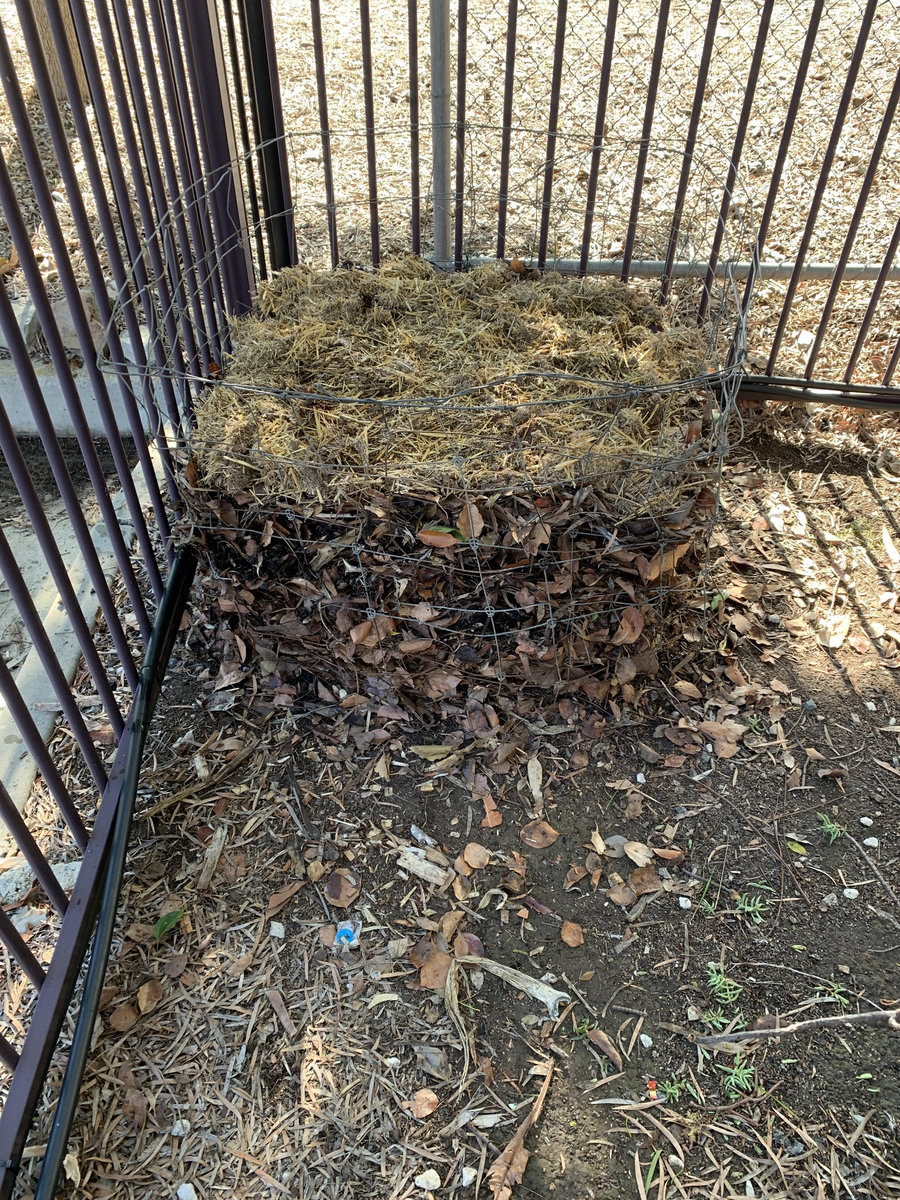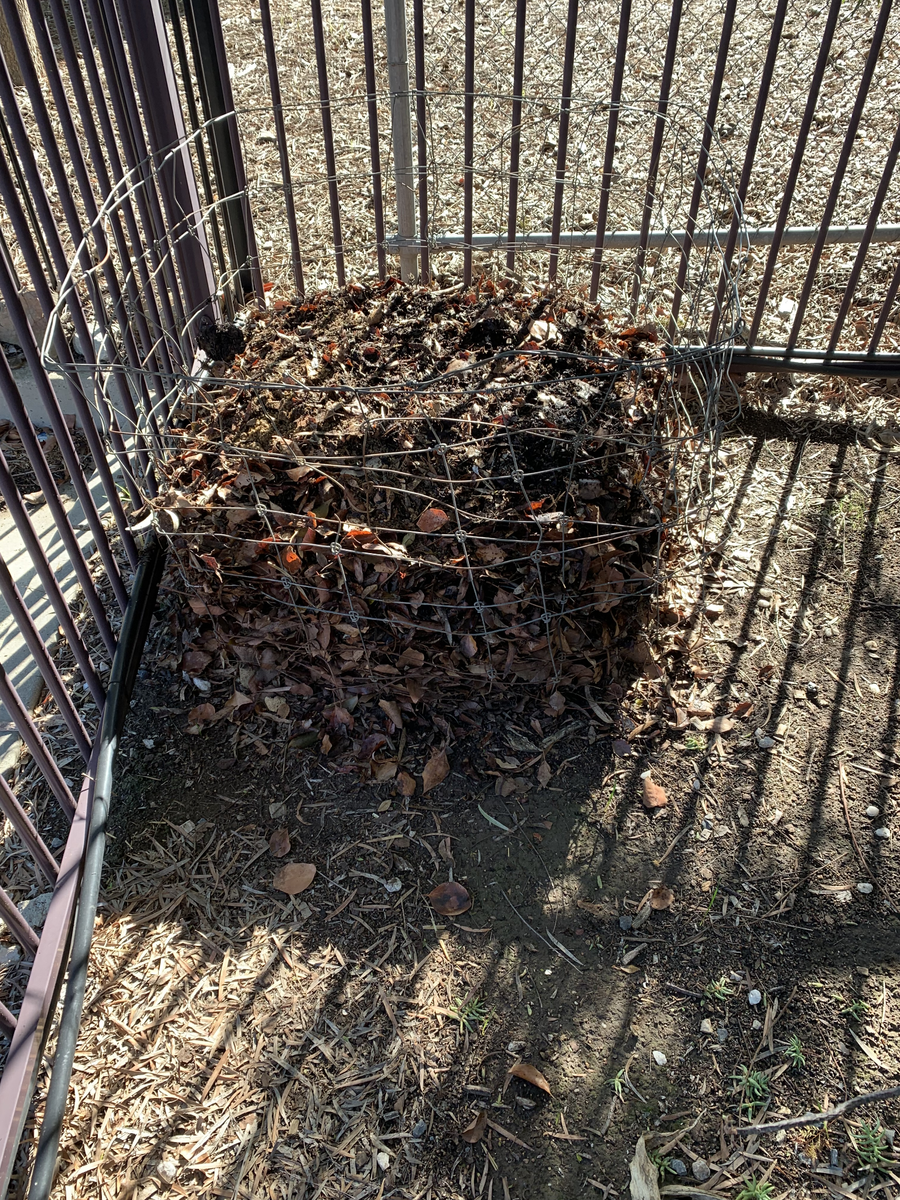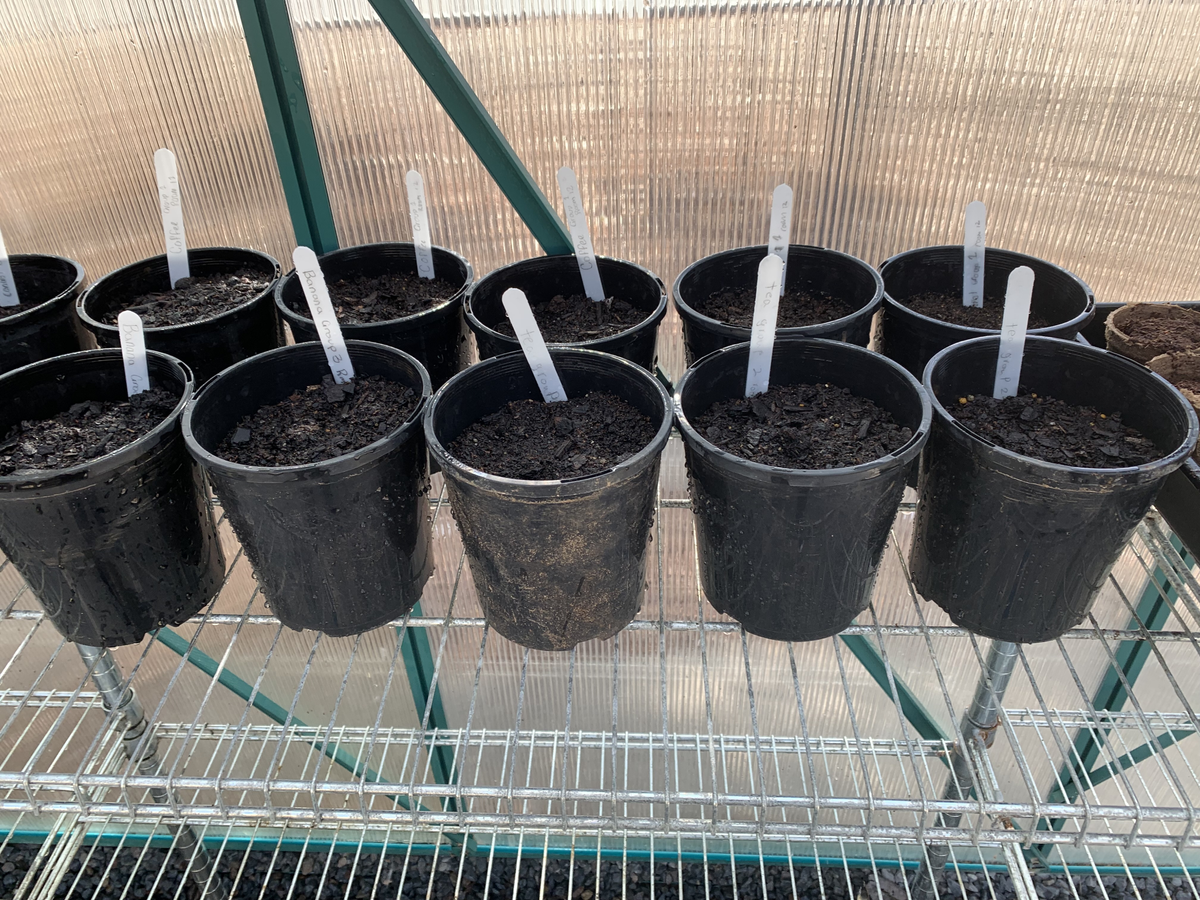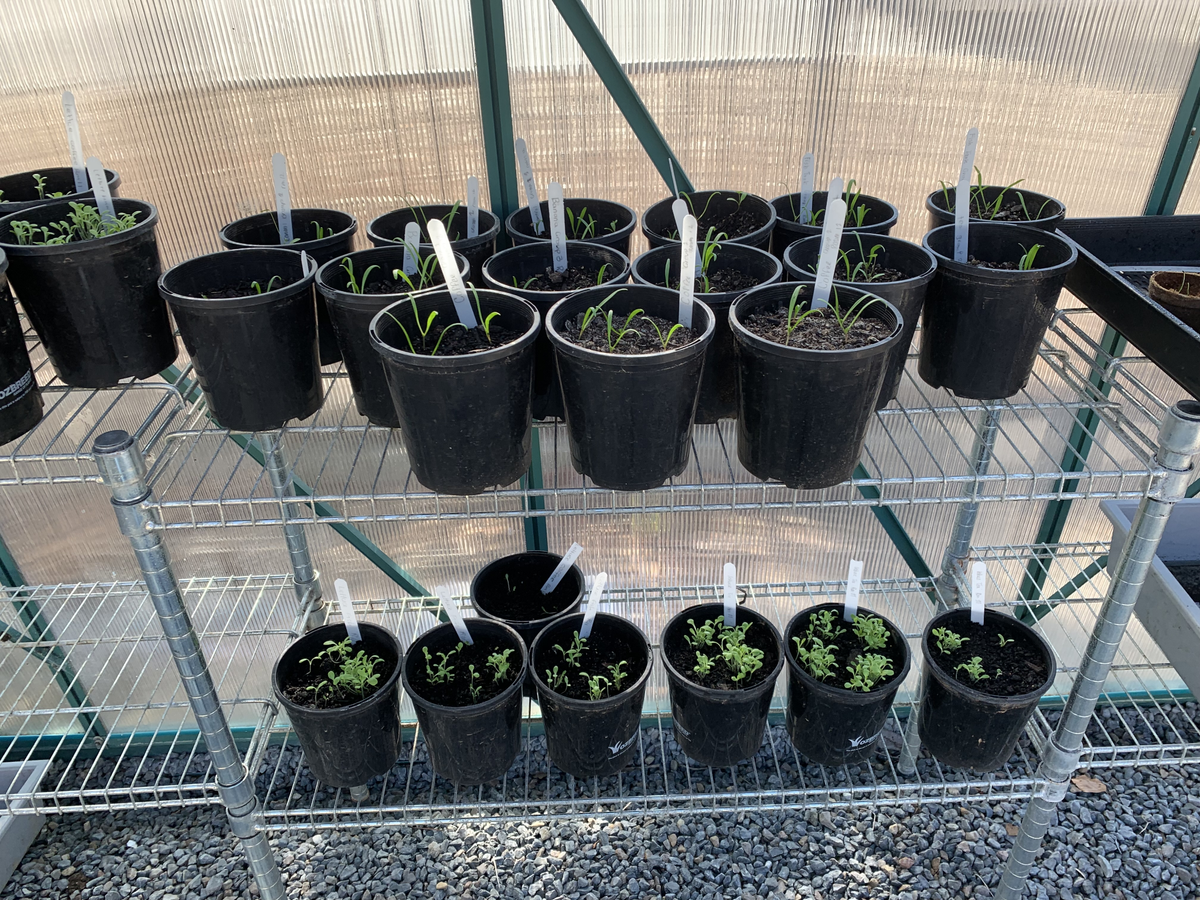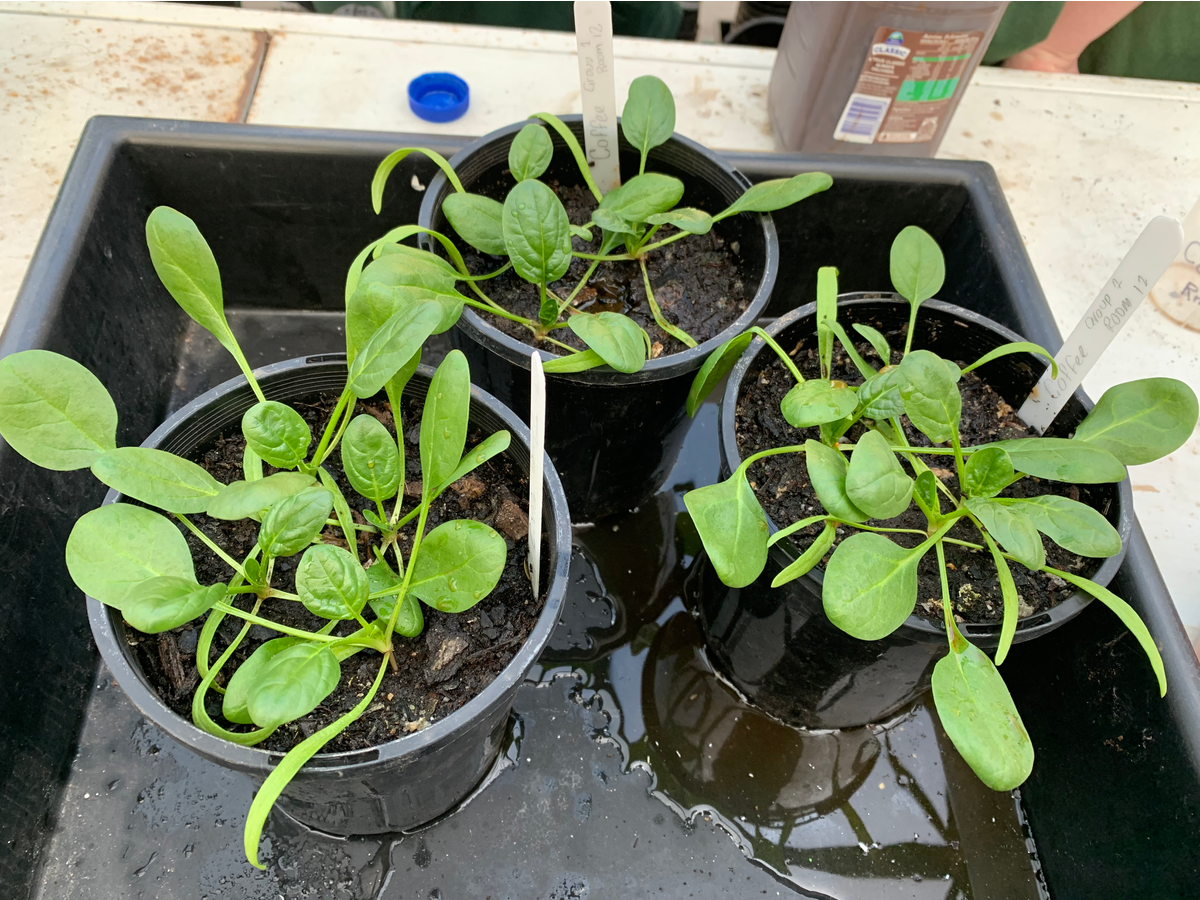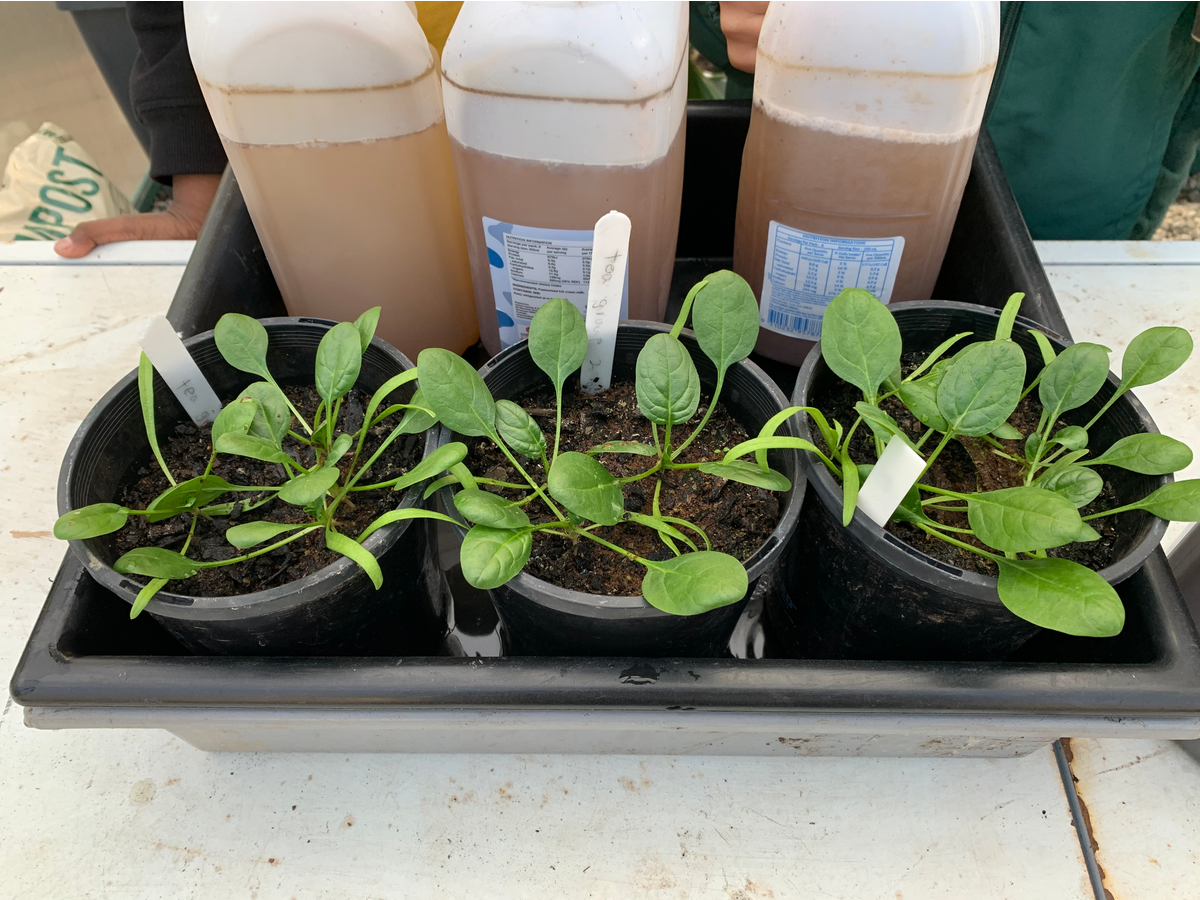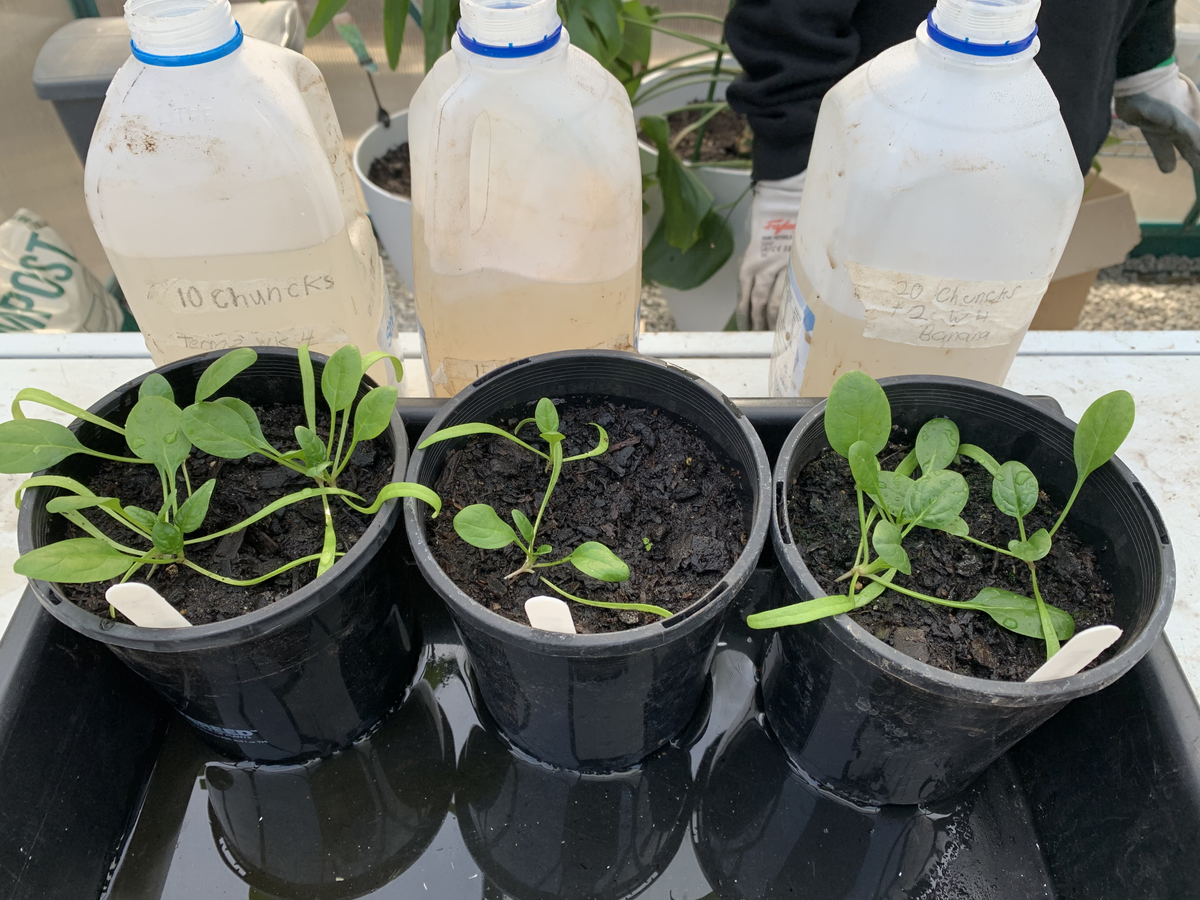School Garden Highlights
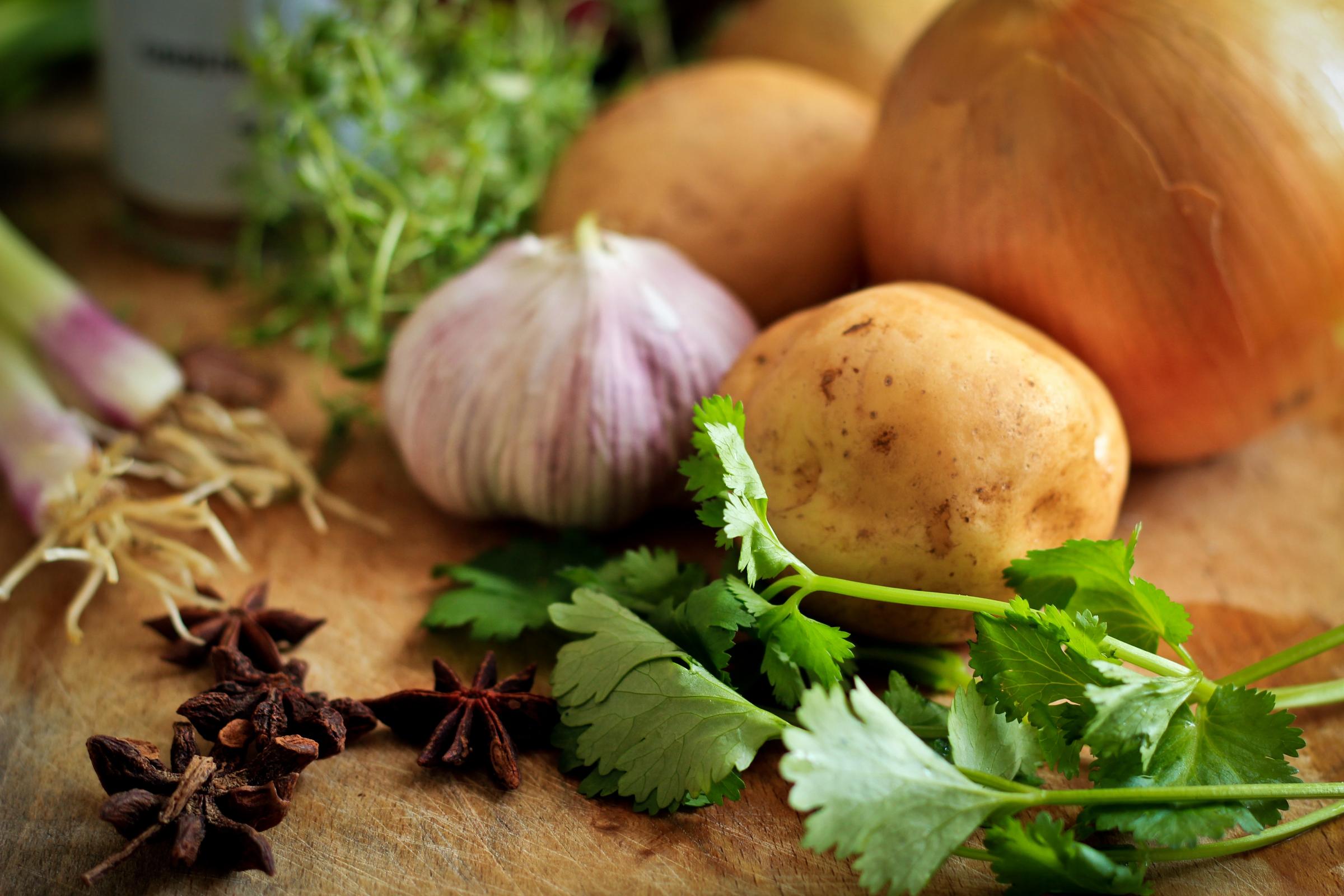
Term 2 Gardening Highlights with Dilanjali
It has been a challenging term in our school garden with some unfortunate events, but the fun and excitement in learning continued in our outdoor garden and the greenhouse.
This term, gardening lessons were mainly focused on selected gardening projects by each Room.
Room 6:
Explored different types of seeds, growing seedlings and identifying parts of a plant.
Room 7 & 10: ‘Herb Garden’
In preparation for establishing a herb corner in Rhiannon’s Garden, Room 7 & 10 have been busy propagating 8 types of herbs in the greenhouse. Students learnt about the benefits of growing herbs in a vegetable garden and their amazing sensory and culinary uses.
Room 9: ‘Flower Power’
Together with the herbs, there will be lots of beneficial flowers in our school garden because of enthusiastic gardeners from room 9. They have been busy propagating 10 different types of flowers ready for Spring planting. Room 9 explored the benefits of growing flowers among vegetables, such as attracting pollinators and pest predators
Room 8: ‘Worm Farm’ & ‘Leaf Mould’ cage
Giving a different focus to gardening lessons, Room 8 students have become experts in composting worms and worm farming this term.
They spent time learning all the basic information about worm farming from the tutorial by the Tea Tree Gully Council.
https://compostrevolution.com.au/teatreegully/tutorials/
Room 8 students had the opportunity to set up a worm farm from the beginning. Big thank you to Ms. Mattin for providing us with new worms. The lessons were so engaging that Mr. Green decided to buy a new worm farm for his home!!
Also, a big thank you to room 8 students for their hard work during recess break, cleaning up the garden area, separating plastic waste and filling up the new ‘Leaf Mould’ cage with Autumn leaves.
Room 11 & 12: ‘Urban Permaculture’
This term our year 5 & 6’s had been learning about Principles of Permaculture as part of their sustainable gardening practices. Out of the 12 Permaculture Principles, the students had the opportunity to carry out an experiment on principles of ‘Produce no waste’ & ‘Integrate rather than segregate’, which combines use of waste from one system as the input of another.
In a group activity, students used waste products as banana peels, coffee grounds, tea bags and fish tank water (from the Room 12 fish tank) as organic fertiliser for spinach and lettuce plants growing in the greenhouse and tested their effects.
Thank you to all the teachers and students for their ongoing support in general garden maintenance during gardening lessons and recess.
Dilanjali
